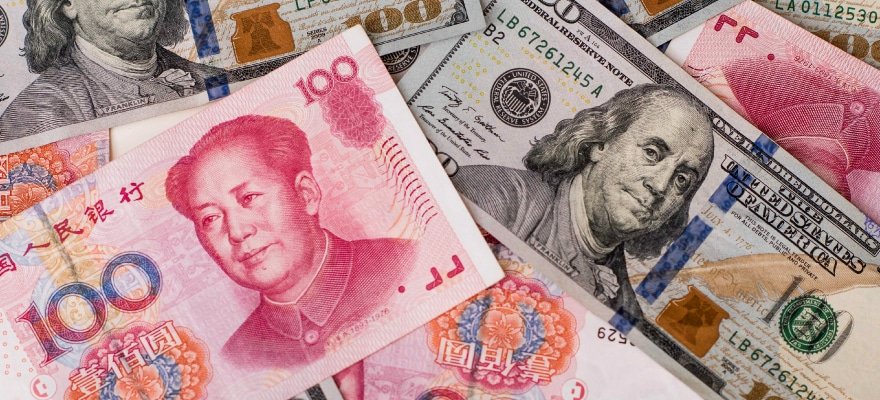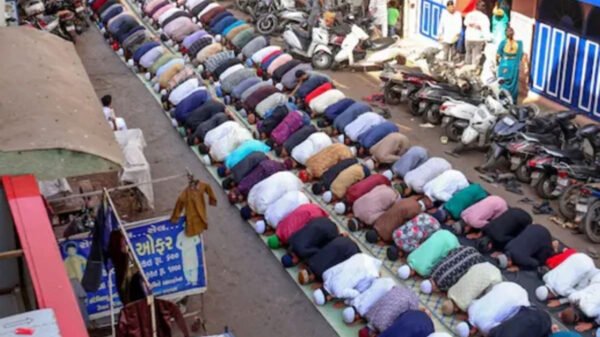ISLAMABAD: Governor of the State Bank of Pakistan (SBP), Jameel Ahmad, announced that Pakistan’s total outstanding debt for the fiscal year 2025 (FY25) stands at $26 billion.
Pakistan has secured significant debt relief from its friendly nations, enabling the country to manage its external debt obligations more effectively.
During a National Assembly Standing Committee meeting, it was revealed that these friendly countries will roll over more than $16 billion in loans, leaving Pakistan with only $10 billion to repay by the end of the next fiscal year, which ends on June 30, 2025.
For the current fiscal year (FY24), the SBP has already paid $1.5 billion towards the country’s external debt, with $8.5 billion still outstanding. In the previous fiscal year (FY23), the SBP paid $12.5 billion, while the country’s total external debt reached $130 billion.
Finance Secretary Imdad Ullah Bosal informed the committee that Pakistan would receive its first tranche from the International Monetary Fund (IMF) after securing a $4.4 billion rollover of Chinese commercial loans.
Additionally, the government has secured a one-year extension for loan rollovers from Saudi Arabia and the United Arab Emirates, with the SBP Governor noting that $12.3 billion in deposits from these countries will be rolled over during the current fiscal year.
While acknowledging that budgetary measures are likely to increase inflation, the Finance Secretary expressed optimism that the external sector would remain manageable this fiscal year due to the debt rollovers from friendly nations.
The SBP Governor recognized that controlling domestic inflation remains a significant challenge for Pakistan’s economy. He projected that inflation could rise to 13.5% due to the impact of budgetary measures and higher energy prices. The governor also warned that rising wheat prices and potential conflicts in the Middle East could further intensify inflationary pressures.
However, he expressed optimism that inflation rates would stabilize between 5-7% starting from the next fiscal year.
Regarding foreign exchange reserves, the governor stated that these could increase to $13 billion by the end of the current fiscal year. He also outlined a five-year plan to stabilize the economy through a multi-faceted approach, including controlling the current account deficit, maintaining sufficient foreign exchange reserves, and achieving financial stability and transparency.
To boost the economy, the governor emphasized the need to increase domestic exports by 10-15%. He also highlighted efforts to reduce the gap between the open market and interbank dollar exchange rates and to curb illegal activities such as Hundi (informal money transfer) and dollar smuggling.
Despite the high interest rates required to control inflation, the governor was optimistic that the policy rate would decrease as the economy stabilizes and inflationary pressures ease.










